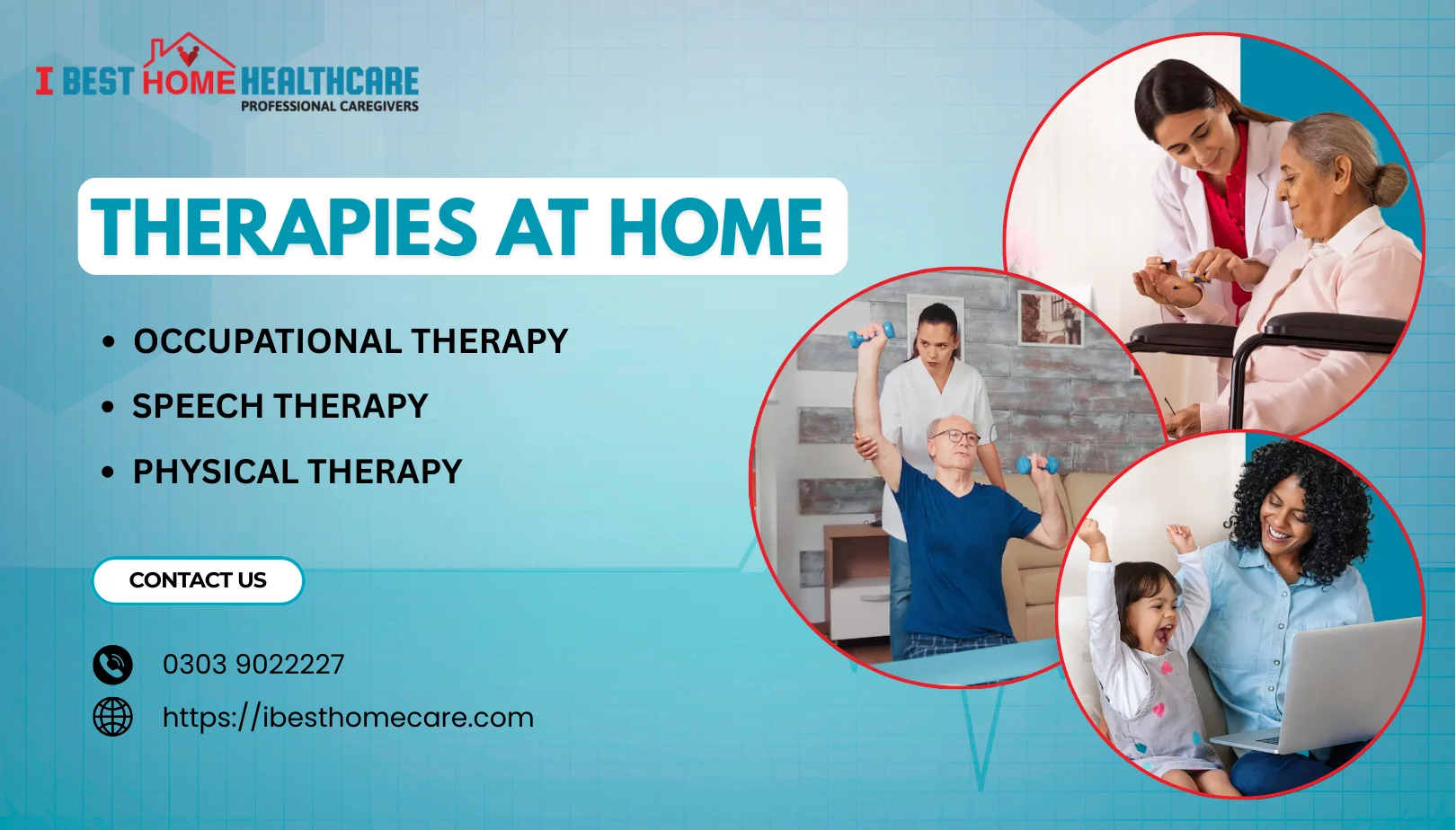Senior care is not only duty but also an obligation. What are the different types of Elderly home care? There are over 20 million senior citizens in Pakistan today. Survey of Pakistan shows number is projected to double within the next few decades. IBest Home Care observes such a scenario to provide quality nursing home in Lahore. Let’s find out how you can serve best your old loved ones being served by home care services.
Why Elder Home Care For Seniors?
Pakistani population is rapidly increasing so is the elderly strength. Around 3% of them are finding themselves in full-time residential care. As your loved ones get older, you might be starting to look into some kind of senior care for them to help them along if you’re no longer able.
- Special Care Required
- Medical Condition
- Children Employed in Foreign
- Elderly Look-after
What are the Levels of Elderly Care Services?
There are different types of elderly care, and it’s important to figure out which one is best for your loved one. If you’re torn between the types of senior care and elderly facilities, read on IBest Home Care to learn about your options.
Categorized Levels of Seniors Care Services
There are several levels of care for people of multiple age and care levels. Not all clients have the same needs to get them allowed for different levels of care gives them room for flexibility in services provided and skills needed at different facilities.
- Some people may be more comfortable at home with only minimal amounts of at-home help, while others have much greater needs that require specialists with training and experience suited to their needs.
- It’s important to gauge the specific needs of your loved one to determine what they need at this stage in their life.
In-home Care
A home aide may be the best choice for seniors who are not yet ready to relinquish their independence. Under this model, the senior will not yet have moved into a residential boundaries. They get to remain in their home, but receive assistance for some of their daily tasks. Sometimes an aide will be around, either on a 24-hour rotation or as a live-in caretaker. Other times, the services of elderly home care will only work during whatever shifts that the senior requires the most help.
Independent Living
This is the lowest level of care for an elderly community. People in independent living communities often live in private apartments, just as they would outside the community. There are increased social opportunities within the community and planned trips for shopping and recreation. Seniors in independent living communities are largely self-sufficient and don’t have many medical problems. (Soft upbeat music)
Residential Care
Residential care communities are elderly facilities that operate as group homes. These homes provide live-in caretakers or 24-hour rotating staff of workers so that there’s always a specialized caretaker available at all times. These caretakers are there to assist residents with any day-to-day needs they are having trouble with.
These facilities can offer more medication management and nursing, depending on the facility. Because the home is private, this may feel more independent for seniors who don’t require a higher level of care.
Assisted Living
Assisted living facilities are the immediate step in care for senior citizens. Many of the seniors living within these facilities can no longer stay independently because of medical reasons.
Custom Care
Custom Care for the resident is client-focused with specialized caregiving. It can be given based on their specific medical or physical needs. Caregivers assist with daily dressing, eating, taking medications, and housekeeping to make the resident as comfortable as possible. Full-time care will be beneficial for anyone in an assisted living facility.
Memory Care
Memory care is similar to assisted living but with additional benefits for the most vulnerable people. Some elderly people suffer from disorders such as Alzheimer’s or dementia, which may not be taken care of by family members or other less-skilled caretakers in a home environment. Taking care of someone with these conditions would strain the caregivers highly, and it is better suited to someone professional.
How Memory Care Helps?
Alzheimer is where memory care comes in. Memory care with home care services and facilities have 24-hour support by trained professionals, and they provide the structure and stability that people suffering from these disorders can really benefit from. There is increased security and fewer opportunities for wandering, allowing the greatest amount of safety for your vulnerable loved ones.
Nursing Homes
Nursing homes are what most people think of when they think of elderly care facilities. However, advance elderly home carefar from the only options. Residents at nursing home will receive full-time medical care and meal plans specialized for their diets.
Which Elderly Care Facilities Are Right for Your Loved Ones?
There is a lot of options when it comes to elderly home care facilities. Though it is much of it comes down to the independence level of the senior involved. In order to determine the right place for your loved one, take their personal medical needs into account and try having an open and honest conversation about what would be best for them.
Closing Discussion
Elderly home care is a big decision, and you’ll want to find the right fit for your loved one. Luckily, you have plenty of options you can consider from IBest Home Care. We all have clear pros and cons. If you are looking for detailed information or you’re ready to look into assisted living for yourself or a loved one, you can visit our site. You can book a tour of our IBest Home Care Health Care services in Lahore. We offer assisted living and memory care services for our elderly loved ones.





Leave a Reply